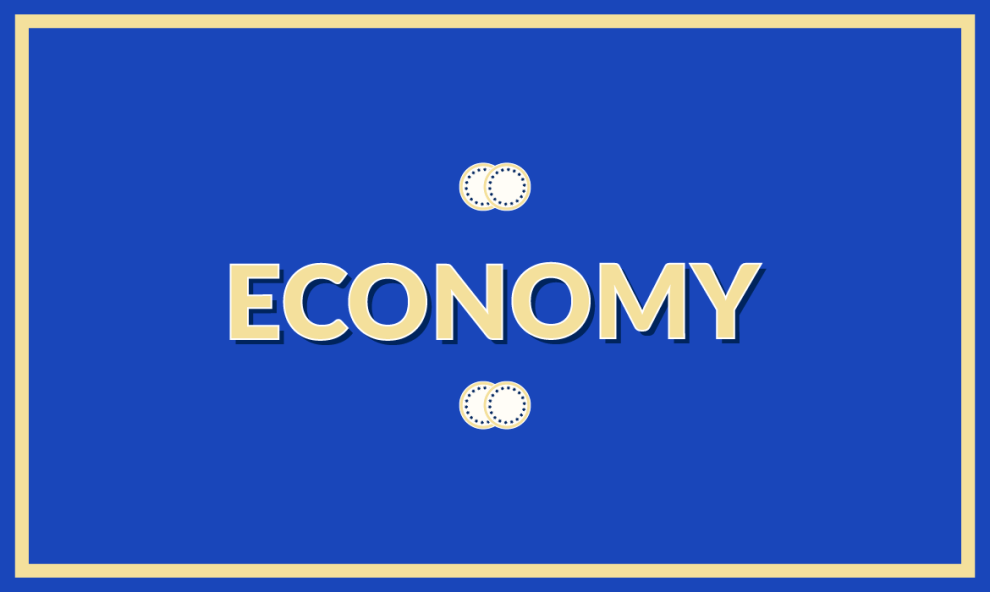Thomas Piketty’s book, Capital, has caused a sensation for the simple reason that it touches on a worrisome theme: inequality. His central argument is that capital grows much more rapidly than the product of work, that is: money reproduces itself with celerity and those who have it multiply it without cease. What Piketty does not distinguish between is the creation of capital and its accumulation. Therein lies the key lesson for us.
In conceptual terms, Piketty’s argument is impeccable because it depicts how, throughout history, money tends to reproduce itself. His analysis encompasses such a long period, three hundred years, that it allows for differentiation between exceptions and long-term trends. However, his argument refers to, at its core, the independently wealthy: persons who inherit capital accumulated by others and who are rich by virtue of inheritance and not by work.
At the heart of the debate that has triggered the publication of this book lies a crucial question: whether capital -past accumulation of savings- gets to devour the future of whether the future is created afresh by each generation. This argument is a struggle between those who think riches are created from riches, and those who think riches are created from rags. Are big profits best viewed as a generous return on capital, in the way that worries Piketty? Or as coming from innovation that ultimately benefits us all? Piketty does not make this distinction and focuses, setting out from the principle that the rich are all the product of inheritance, the reason why he proposes a tax to attenuate the resulting inequality. How one understands and defines these matters and –above all inheritance or creation- determines whether a corrective action is necessary.
For Piketty, “The return on capital often inextricably combines elements of true entrepreneurial labour, pure luck and outright theft”. At a conference he affirmed that Liliane Bettencourt, who “never worked a day in her life”, saw her fortune grow as fast as that of Bill Gates.
It is on this point that Deidre McCloskey, economic historian and the author of three volumes on the origin of wealth in the Western world, furnishes an invaluable perspective. For McCloskey the great rise in income in Europe in the last centuries originated not so much from savings than from the legitimacy –the word she employs (and the title of one of her books) is “dignity”- of the bourgeoisie: to the extent that the bourgeoisie (today’s entrepreneurs) and their function acquired public recognition, the values of capitalist accumulation and innovation began to proliferate. Her central argument is that the creation of wealth is the product of innovation and that the latter depends on the predominant values in a society that favors and rewards innovators.
Applied to our era, what McCloskey says is that innovators such as Steve Jobs and Bill Gates did not make their fortunes thanks to the investment of capital or to the compound interest that produces its accumulation but to their intellectual property. That is, they invented something new that hadn’t existed before. In this sense, McCloskey represents an alternative vision to that of Piketty. What’s interesting is that, in reality, they are not saying very distinct things: the contrast lies in that Piketty is absolutely dogmatic with respect to wealth (it’s all the same, it’s all bad), while McCloskey categorically differentiates between what is the product of innovation and what is the result of inheritance. For her the distinction between inherited money and created money is obvious.
For McCloskey entrepreneurial creation of wealth is the only thing that is relevant and comprises what she considers the core challenge of governments that propose driving the development of their countries. Although she recognizes that inherited fortunes and created fortunes, the product of innovation, always coexist, her historic observation is that what increases general wealth in a society are not taxes and the redistributive labor of the government but the context within which entrepreneurs act.
An environment that legitimatizes the creation of wealth and “dignifies” the work of entrepreneurs tends to lay the foundations of a platform on which a society can prosper. Contrariwise, the absence of social recognition of entrepreneurial activity brings about little innovation, thus a paucity of economic growth.
Applying these contrasting arguments to Mexico, we find two illustrative circumstances: on the one hand, examples abound of accumulated wealth, a condition that has led many to justify Piketty’s prescription for taxing capital. The other circumstance, much more transcendent, is that not only does the sociopolitical environment not legitimatize wealth but it penalizes it. In some fashion, both circumstances feed back upon each another, creating inequality as well as sparse economic growth.
For Piketty the solution would be obvious: tax the capital and redistribute it in the form of public expenditure. McCloskey affirms the contrary: imposing taxes on a potential Steve Jobs or Bill Gates would do nothing other than impede the constitution of successful enterprises like Apple and Microsoft. Consequently, for her it is preferable to let the heirs who don’t work continue accumulating than to block new wealth from being created.
The question for us is how to create a propitious environment for the creation of wealth that is the product of innovation. Clearly, that has not been the tenor of the historical strategy of development in Mexico and from that arises, from my perspective, a good part of the lags that characterize the country. Perhaps much innovation and great leadership are also compulsory.
Innovation and wealth






Comments